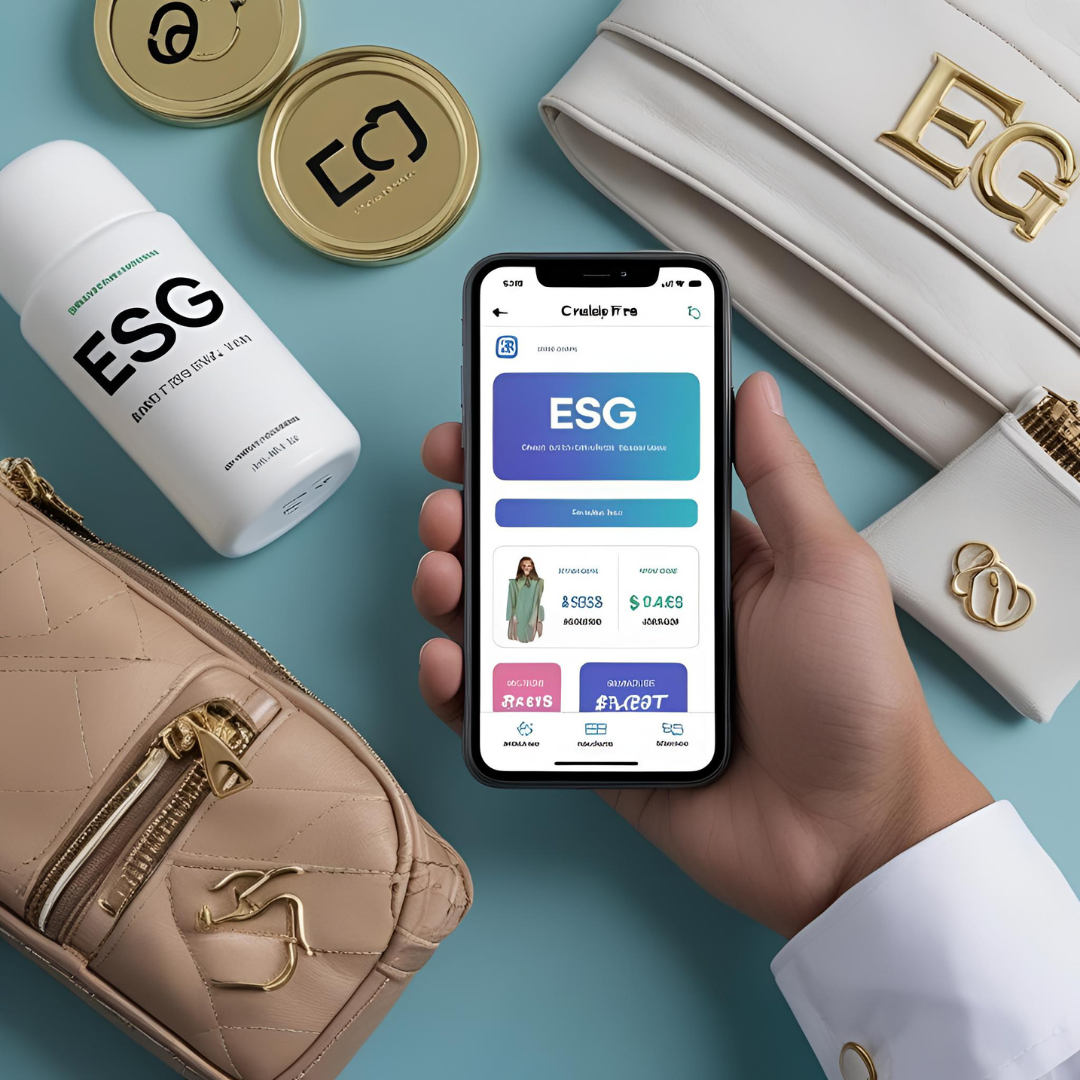In the evolving landscape of global investment, the spotlight has shifted toward sustainability, ethics, and long-term purpose. Consumers and investors alike are demanding more from brands — not just quality products, but accountability, transparency, and conscious practices. Among the rising stars in this shift are animal-friendly brands — companies that prioritize cruelty-free fashion, vegan materials, and ethical sourcing.
This guide dives into why animal-friendly brands are thriving, how they intersect with the ESG (Environmental, Social, and Governance) investment trend, and how savvy investors can identify valuable, purpose-driven companies that are shaping the future of fashion — and finance.
🐾 What Are Animal-Friendly Brands and Why Are They Growing?
Animal-friendly brands are companies that avoid the use of materials derived from animals, such as leather, fur, wool, or silk, and reject animal testing. They often use alternatives like plant-based leathers, recycled materials, and certified cruelty-free production processes.
But the growth of this niche isn’t just about animal welfare — it reflects larger shifts in consumer behavior, environmental concern, and investment patterns.
Key reasons for their growth:
- Veganism and ethical consumerism are on the rise globally.
- Younger generations (Millennials and Gen Z) prioritize ethics over price.
- Growing awareness of the climate impact of animal agriculture and leather production.
- Social media pressure and activism demanding transparency.
- The fashion industry’s pivot toward circularity, cruelty-free and sustainable innovation.
These factors have helped animal-friendly brands transition from niche to mainstream, with some outperforming traditional fashion houses in terms of brand loyalty and digital growth.

🌍 Animal-Friendly Fashion Meets ESG Investment
ESG investing — which evaluates companies based on environmental, social, and governance metrics — has become one of the fastest-growing sectors in finance. In this context, animal-friendly practices align closely with ESG goals, particularly under the environmental and social pillars.
How animal-friendly brands fit ESG criteria:
- Environmental: Avoidance of leather and fur reduces carbon emissions, water use, and deforestation.
- Social: Fair labor, inclusivity, and respect for life add value to social equity goals.
- Governance: Transparent supply chains and certification processes improve investor confidence.
In short, animal-friendly fashion is ESG-aligned by design. Ethical materials, reduced pollution, and socially responsible manufacturing processes make these brands prime candidates for ethical portfolios and impact investment funds.
🏆 Leading Animal-Friendly Brands That Are Winning in the Market
Some brands have built their empires entirely on ethical principles. Others are adapting to consumer pressure and rebranding themselves around animal-friendly ethics.
🌱 Notable leaders in this space:
- Stella McCartney: A pioneer in luxury vegan fashion. The brand has never used leather or fur, and actively invests in materials innovation like mushroom leather (Mylo™).
- Veja: Known for its minimalist sneakers made with organic cotton, wild rubber, and recycled plastic bottles — all animal-free.
- Matt & Nat: A Canadian label that has built a strong cult following with its eco-friendly, vegan leather bags.
- PANGAIA: This science-based fashion company is cruelty-free, sustainable, and focused on bio-based materials.
- Beyond Skin: UK-based and proudly vegan, focusing on luxury footwear without compromising on ethics or style.
These brands aren’t just creating waves in fashion — they’re proving that ethics can be profitable, with strong online followings, increasing revenues, and growing interest from investors and fashion media alike.
💰 How Animal-Friendly Practices Influence Brand Value
Ethical branding is no longer a PR gimmick — it directly correlates with consumer trust, lifetime value, and market differentiation. Companies that commit to transparent, animal-friendly production practices often benefit from:
1. Stronger Brand Loyalty
Consumers are more likely to stick with brands that reflect their values. This is especially true for Gen Z and Millennials, who expect companies to be mission-driven.
2. Premium Pricing Power
Ethical and sustainable products often carry higher perceived value, allowing brands to charge more without alienating their base.
3. Media Exposure and Virality
Cruelty-free collections, upcycled materials, and zero-waste launches often receive organic press coverage from fashion, sustainability, and finance outlets.
4. Resilience to Reputational Crises
Brands that embrace transparency and proactive ethics are less vulnerable to scandals or consumer backlash.
All these factors contribute to higher brand valuation, increased investor interest, and long-term profitability.
⚠️ ESG Investment or Greenwashing? How to Tell the Difference
As ESG investing grows, so does greenwashing — the practice of misleading consumers and investors about a company’s ethical or environmental impact. Not all “sustainable” or “vegan” claims are legitimate.
🔍 What to look for when evaluating ethical brands:
- Certifications: Look for PETA-Approved Vegan, Cruelty-Free International, GOTS, or B Corp certifications.
- Transparency: Brands should openly publish supply chain data and sustainability reports.
- Material innovation: Truly ethical brands invest in research (e.g., mushroom leather, Piñatex, recycled synthetics).
- Labor practices: Being animal-friendly means nothing if the company exploits human labor.
- Third-party ESG ratings: Platforms like Sustainalytics or MSCI ESG Ratings can help identify truly ethical businesses.
Avoid companies with vague sustainability goals, no third-party validation, or unclear sourcing methods.
📈 Where and How to Invest in Animal-Friendly, Ethical Brands
Ready to invest with purpose? Thanks to digital platforms, it’s easier than ever to include animal-friendly, ESG-aligned companies in your portfolio.
Top platforms and tools:
- Ethic (for advisors): Helps build custom ESG portfolios with filters for animal welfare and sustainability.
- Aspiration: A neobank and investment platform focused on ethical companies.
- Motif (now part of Schwab): Offers thematic investing, including “Green Fashion” baskets.
- ETFs like iShares MSCI ESG Aware (ESGU): While not strictly animal-focused, ESG ETFs can give you broad exposure to sustainable leaders.
- Buy direct shares: Look into publicly traded ethical brands or parent companies (e.g., Kering owns Stella McCartney).
If you’re an angel investor or part of a VC network, early-stage cruelty-free startups are ripe for ethical investment, especially in biomaterials and circular fashion models.
📊 Market Trends: Data That Proves Animal-Friendly Fashion Is the Future
Let’s look at the numbers behind the movement. From fashion runways to stock markets, the shift is backed by real demand and measurable results.
Key data and trends:
- The global vegan fashion market is projected to reach $1.1 billion by 2027, growing at over 10% CAGR.
- 60% of Gen Z consumers say they actively seek out ethical brands.
- According to McKinsey, products marketed as sustainable grew 5.6x faster than conventionally marketed ones from 2013 to 2018.
- PETA’s list of approved brands has more than doubled in the last five years.
- Search volume for “vegan leather” and “sustainable fashion” has grown exponentially, reflecting consumer curiosity.
And here’s the kicker: brands with ESG-aligned practices outperform the market in the long run. According to Morningstar, ESG-focused funds have outperformed traditional funds 70% of the time over a 10-year period.
📌 Final Thoughts: Investing with Compassion and Strategy
Ethical investing used to be considered “soft” or “idealistic.” Today, it’s a core financial strategy, especially when it comes to animal-friendly, sustainable fashion. These brands are not only shaping a kinder, cleaner industry — they are outpacing competitors, attracting premium consumers, and building long-term market value.
As an investor, aligning your portfolio with your principles is no longer a compromise — it’s a strategic advantage. Whether you’re passionate about animal rights, climate impact, or social justice, animal-friendly brands offer a rare win-win: profit and purpose.
So next time you’re researching companies, don’t just ask “How much can I earn?” — ask “What kind of world am I funding?”
🔎 Meta Description
Discover how animal-friendly fashion brands are increasing in market value and how to invest in ethical, cruelty-free companies through ESG strategies.







